 Contact us
Contact us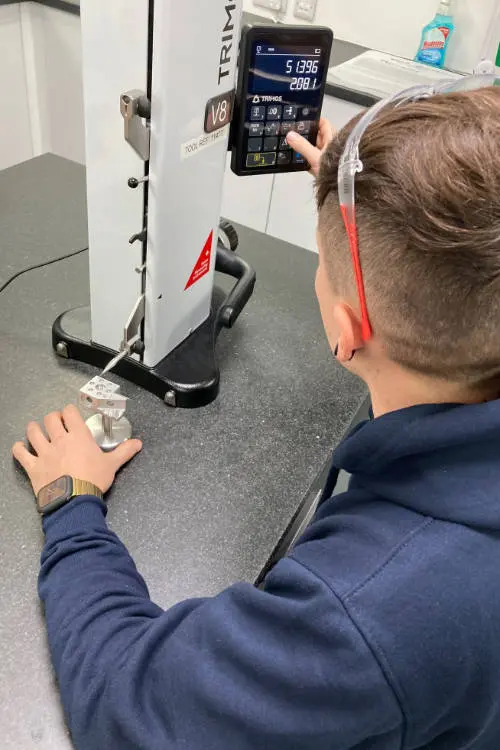

Are you getting frustrated with a CNC machining supplier who just isn’t delivering when it comes to quality? Not sure where to start with finding a replacement? I get it, it can be a minefield. Funnily enough, no precision machining company ever held up their hands and declared that quality isn’t their strong point. In fact, most suppliers of machined parts will boast ‘excellent’ quality.
But beyond their claim, how can you determine who really delivers for their customers and who should be avoided? In this blog I’ll break down the key things to look for and the questions to ask when approaching perspective CNC machining partners.
A sure-fire way of ascertaining whether a company is serious about quality is by quizzing them about their quality standard metrics. What do they measure and how are they performing?
The most common quality metrics include:
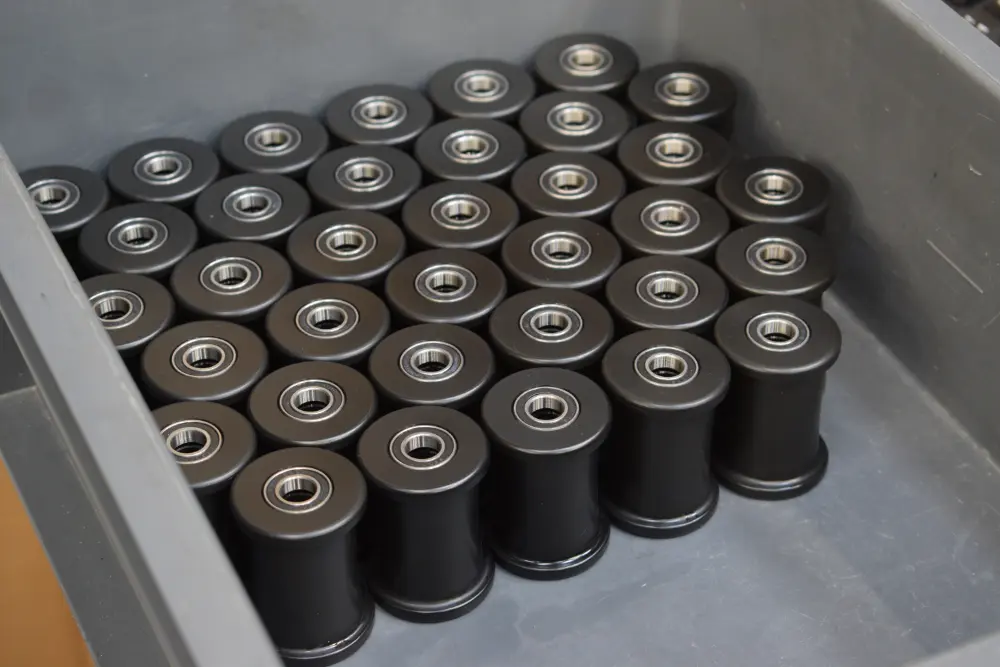
ISO9001 is a globally recognised certification, indicating a specific level of documented processes and traceability. The absence of ISO9001 compliance suggests a company may lack the necessary elements to ensure the consistent quality required for your needs.
In addition to ISO9001, you may wish to dig into industry-specific certifications that can offer an additional lay or assurance. However, a word of caution…don’t assume a company is not up to scratch if they don’t have a certification specific to your industry.
A certification like AS9100 used in the aerospace industry, for example, demonstrates an even higher level of commitment. This rigorous standard signifies unwavering dedication to precision, reliability, and exacting standards – valuable qualities no matter what industry you’re in.

It’s worth enquiring whether a company has ship-to-stock status with any existing customers. This means their customer trusts them to the extent that they no longer inspect their work – it goes straight into production. That’s not to say you wouldn’t want to inspect their work – at least initially – but knowing they have customers that have this magnitude of trust is very reassuring.
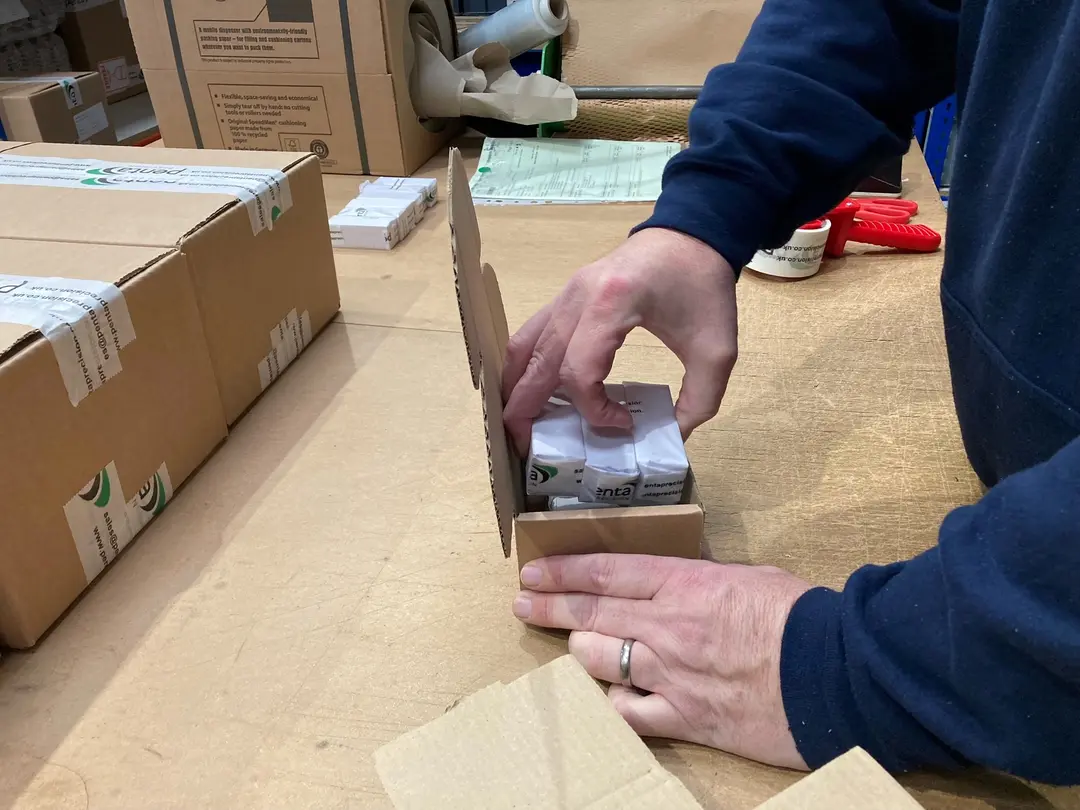
It’s all very well a company producing a quality part once. But the key when it comes to quality is always going to be consistency. Robust, documented, and repeatable processes are another key criteria against which to measure prospective manufacturing suppliers.
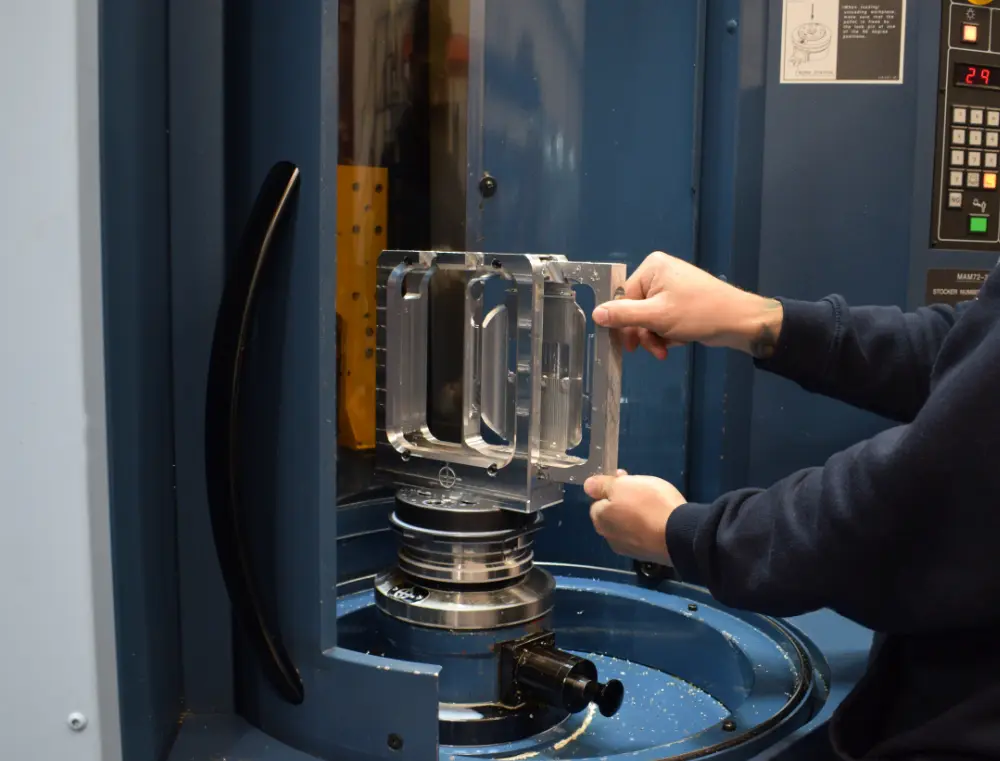
Here are the main processes that should be documented:
Another documented process that is often overlooked is a customer service process. While this doesn’t relate specifically to quality, it does pertain to security in your supply chain.
When a supplier can provide evidence of an internal process for managing your order through the business, it gives you peace of mind. Here at Penta, we have a documented customer service process called ‘Penta’s Proven Process’ which you can view here.
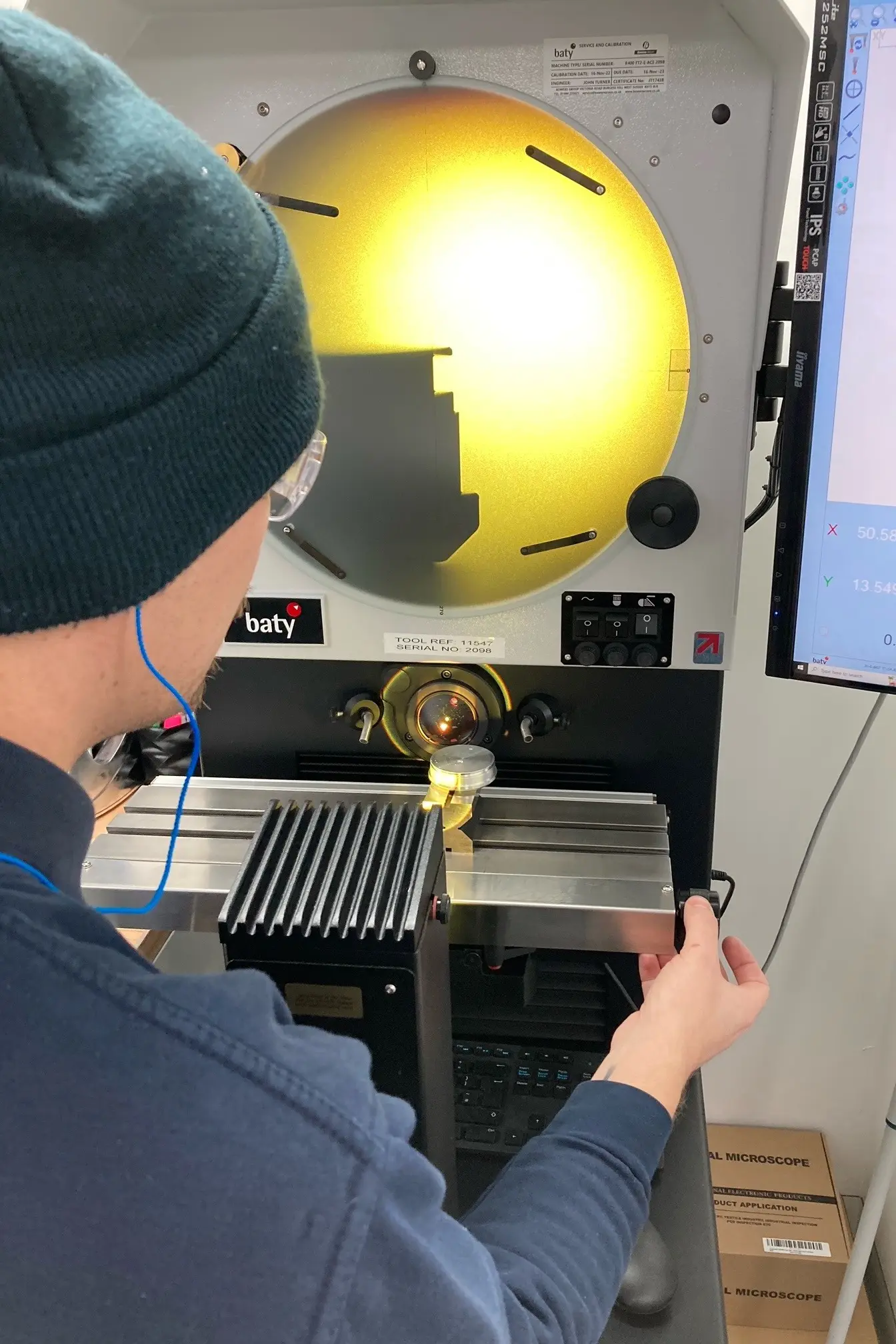
Communication might not immediately come to mind when thinking about quality. However, in my experience, when talking to prospective customers, what they often deem to be a quality issue, turns out to be a communication issue. This is because poor communication can lead to misunderstandings and ultimately to sub-par components.
The four primary points of communication should be:
Bearing the above in mind, make sure you dig deeper with a prospective supplier on what their communication process looks like. If they look blank, back away.

Penta Precision is an ISO 9001:2015 accredited CNC machining company in the UK. We are proud of our exceptional and consistent quality. In fact, we have a 99.8% quality standard and have ship to stock status with an international CAA approved aerospace manufacturer. We’re not afraid to answer questions about quality. We understand its importance and we invite full and frank conversations with prospective customers.
If this is the no-nonsense approach to quality you’re looking for, give me and my team a call on 023 9266 8334.
